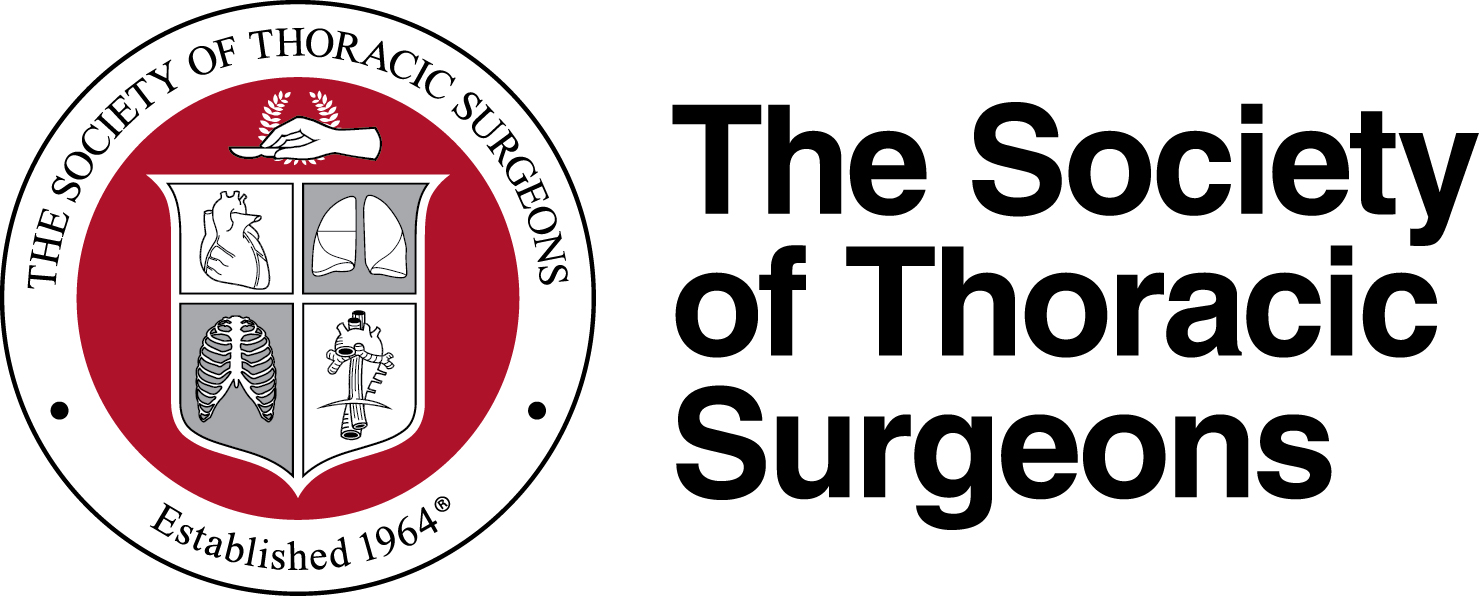Newswise — CHICAGO — Patients who undergo coronary artery bypass grafting (CABG)—the most common heart surgery performed—may live longer and experience fewer complications when under the care of a highly focused surgical team that uses simplified and standardized approaches, according to research published today in The Annals of Thoracic Surgery.
“Our research presents a focused, multidisciplinary effort at improving CABG outcomes through specialization,” said Bradley S. Taylor, MD, MPH, from the University of Maryland Medical Center (UMMC) in Baltimore. “We found many operative factors and clinical outcomes to be significantly improved, demonstrating the effects of team and program specialization.”
Dr. Taylor, along with A. Claire Watkins, MD, and colleagues reviewed data from The Society of Thoracic Surgeons Adult Cardiac Surgery Database for all patients who underwent CABG between 2002 and 2016 at UMMC. Because UMMC launched a specialized CABG surgery program in 2013, the data were separated into two groups: “general era” (2002-2012) and “specialized era” (2013-2016). During the general era, 3,256 patients underwent CABG; 1,283 patients had CABG surgery during the specialized era. Patients in the two groups were of similar age, sex, and race.
The research showed that mortality decreased from 2.67% to 1.48% after just 3 years of the more specialized coronary surgery program. As a result, it is estimated that specialization in CABG surgery prevented five deaths during that time period.
“Both increased volume and specialization led to improved mortality rates and reduced complications in the specialized era,” said Dr. Watkins. “While all cardiac surgeons can perform a bypass operation, a surgeon dedicated to coronary bypass and working with a specialized team may have better outcomes.”
Dr. Watkins explained that when UMMC initiated the specialized CABG program, practices were “restructured and clarified” in an attempt to streamline surgical care. A senior surgeon who specializes in coronary surgery was recruited and appointed as clinical director. That surgeon completed 70% of the CABG operations during the specialized era; the highest percentage performed by one surgeon in the general era was 33%.
Surgical approach and operative techniques also were standardized in the remodeled coronary surgery program. This resulted in a decrease of overall operation time by 48 minutes from incision to closure. Researchers also found an increased use of the bilateral internal mammary artery (BIMA) during the specialized era; BIMA is the optimal vessel for coronary bypass operations, according to Dr. Taylor. In addition, significant decreases were noted in the specialized era for blood transfusions (from 49% to 36%) and complications such as stroke (from 1.6% to 0.7%).
Other important features of the specialized program were the standardization of clinical protocols and strengthened mentoring of junior surgeons, as well as an improved and intensified quality review process.
“Our experience suggests that it is not simply case volume that can improve isolated CABG outcomes, but rather a more focused surgeon, team, and program,” said Dr. Taylor. “Through designated leadership of a coronary surgery program, standardization of all aspects of coronary care, and rigorous quality review, more patients will survive. We hope that cardiac surgery programs will consider investing in specialized coronary teams to improve all aspects of care for their CABG patients.”
###
Watkins AC, Ghoreishi M, Maassel NL, Wehman B, Demirci F, Griffith BP, Gammie JS, and Taylor BS. Programmatic and Surgeon Specialization Improves Mortality in Isolated Coronary Bypass Grafting. DOI: 10.1016/j.athoracsur.2018.05.032.
Find comprehensive medical information presented for patients by leading experts in cardiothoracic surgery on the STS Patient Website (ctsurgerypatients.org). For a copy of The Annals article, contact Jennifer Bagley at 312-202-5865 or [email protected].
Founded in 1964, The Society of Thoracic Surgeons is a not-for-profit organization representing more than 7,500 cardiothoracic surgeons, researchers, and allied health care professionals worldwide who are dedicated to ensuring the best possible outcomes for surgeries of the heart, lung, and esophagus, as well as other surgical procedures within the chest. The Society’s mission is to enhance the ability of cardiothoracic surgeons to provide the highest quality patient care through education, research, and advocacy.
The Annals of Thoracic Surgery is the official journal of STS and the Southern Thoracic Surgical Association. It has an impact factor of 3.779.
MEDIA CONTACT
Register for reporter access to contact detailsArticle Multimedia
CITATIONS
The Annals of Thoracic Surgery
